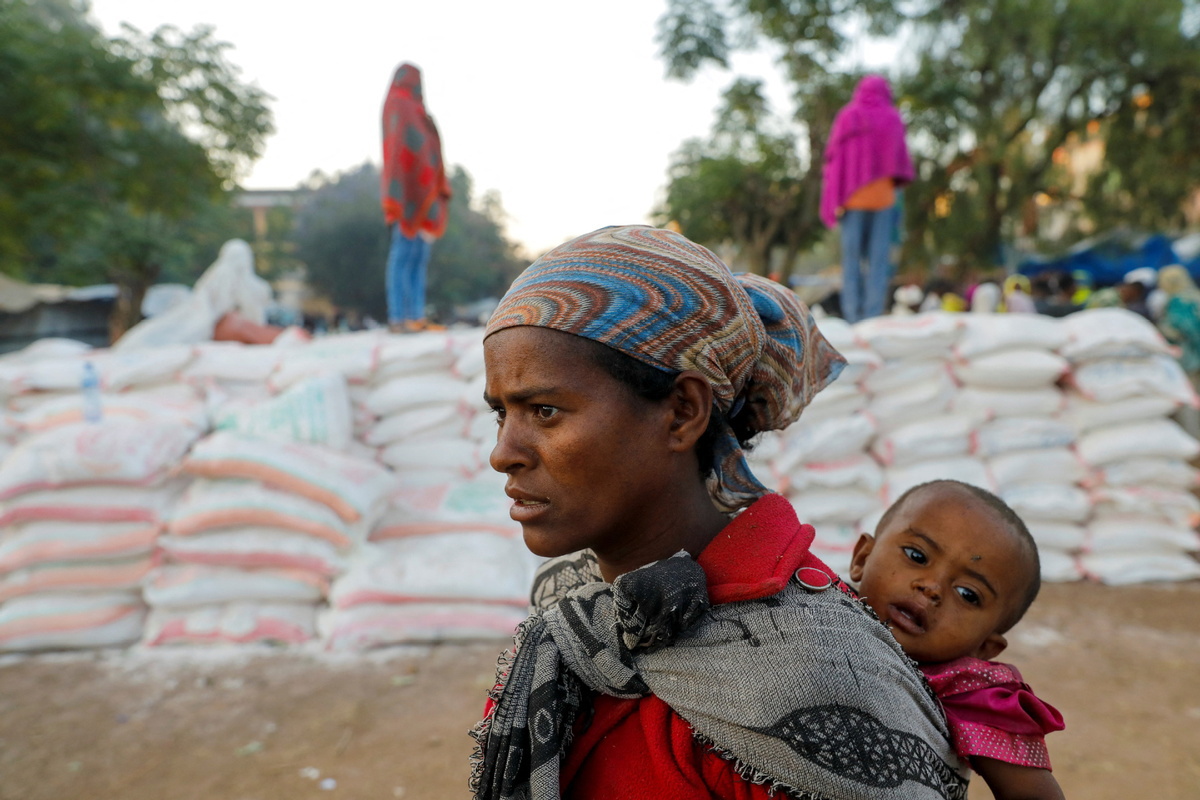Adequate investment could end Africa's high maternal and child mortality


Leaders and experts from various African countries have underscored the importance of increasing investments in maternal and child healthcare services in efforts to end the high maternal and child mortality in the continent.
The leaders, who had gathered for the 7th Africa Health Business Symposium in Kenya's capital Nairobi on Thursday, said private-public partnerships would greatly help in raising the required financing to implement among others, the universal health coverage programmes.
Margaret Kenyatta, the first lady of Kenya, called on the global financiers to back Africa's weak maternal and child health systems which she said are overstretched by societal challenges such as female genital mutilation, gender-based violence, teenage pregnancies and early marriages.
"We must be steeled by the possibility that we can achieve zero maternal and child deaths by devoting necessary expertise and resources," she said.
"This symposium highlights the growing importance of collaboration and partnerships. The model of my Beyond Zero Initiative is built on this same idea. It has been the defining principle, and contributor to the success of our work."
Kenyatta said the Beyond Zero initiative, a campaign she launched in 2014 to improve maternal and child health outcomes in Kenya, has been able to pool adequate resources for the supply of mobile medical clinics to all of Kenya's 47 counties.
She added that Beyond Zero rolled out the medical safari initiative so as to enhance access to health services by vulnerable communities in support of Kenya's universal health coverage agenda.
"More recently, we have expanded our focus to respond to unmet health needs through the Beyond Zero Medical Safaris. This program has contributed to strengthening of our national resolve towards universal healthcare by enhancing the capacity of our health systems," Kenyatta said.
Matshidiso Moeti, the World Health Organization regional director for Africa, said maternal mortality rate in Africa is three times higher than the rest of the world.
"Collection action is required and there is an urgent need for collaboration between the public and private sector," she said.
Susan Mochache, principal secretary in the Kenya's Ministry of Health, called on health stakeholders across Africa to forge strong partnerships so as to be able to raise adequate resources for investment in maternal health.
Ahmed Ogwell, the deputy director at Africa Centers for Disease Control and Prevention, expressed need to look at the private sector from a sustainability lens instead of merely profitable lens.
According to African Union Development Agency, 1.1 million newborn deaths occur annually in Africa due to premature births, low birth weight, infections, lack of oxygen at birth, and birth trauma.
Additionally, about 200,000 maternal deaths are reported in Africa annually.
































